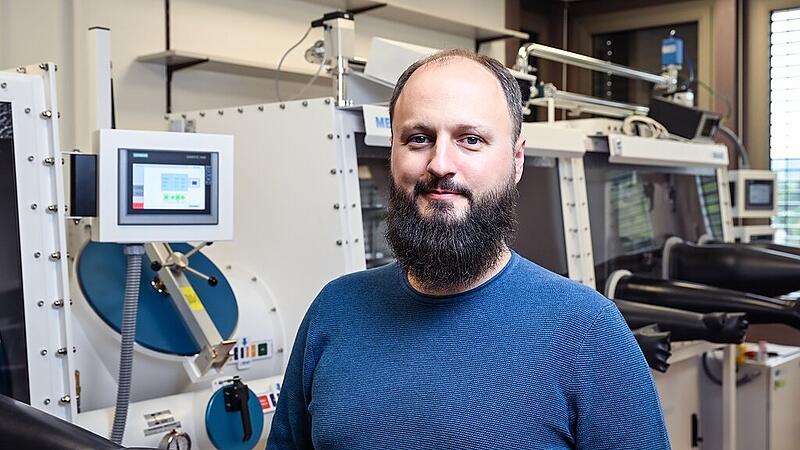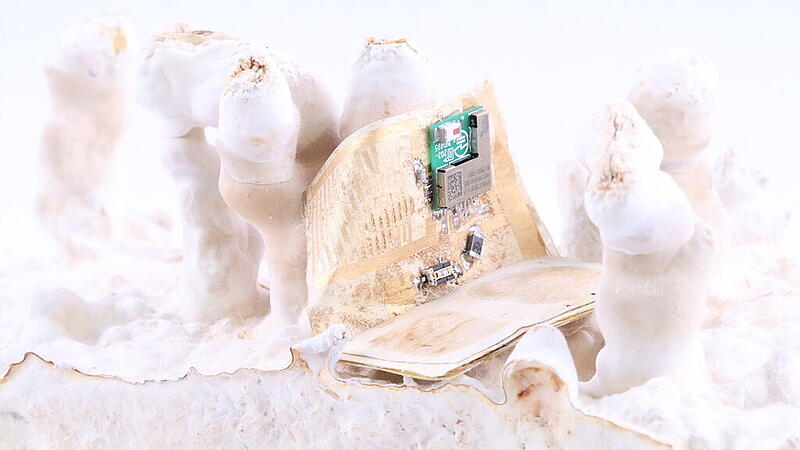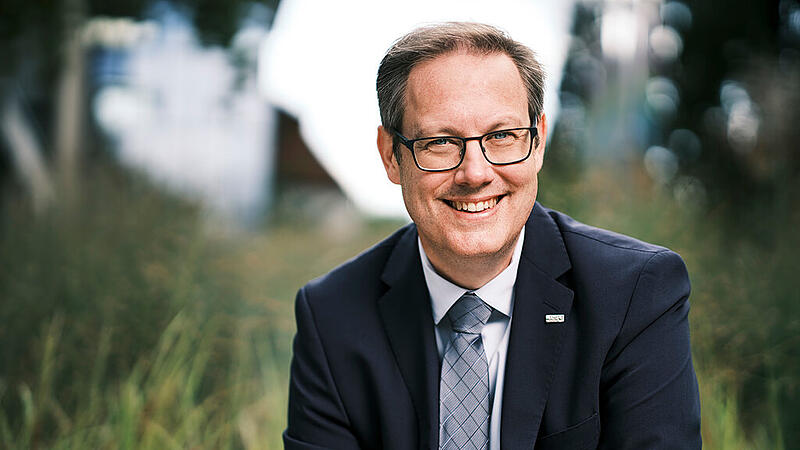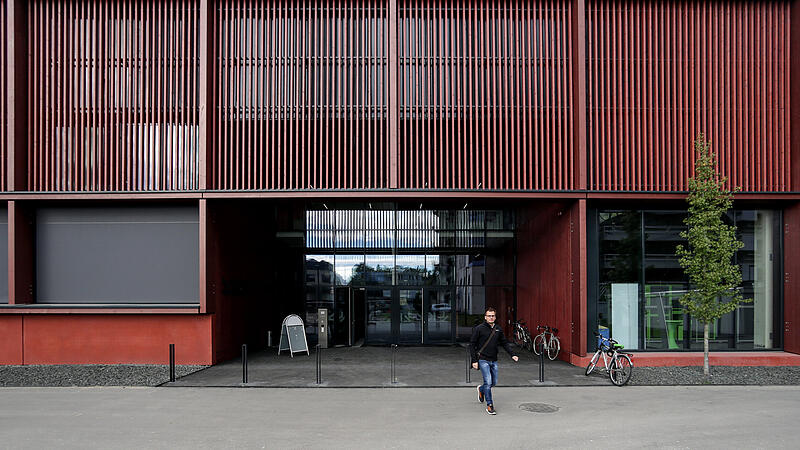Image: VOLKER WEIHBOLD

Image: (JKU)

Image: (JKU)

Image: (JKU)
They are constantly around us: printed circuit boards, also known as circuit boards or printed circuits, are found in almost every electrical device and serve as a carrier for electronic components. From an environmental perspective, however, they are problematic: “The polymeric carrier materials are not degradable, and recycling circuit boards is often unaffordable for companies,” says Martin Kaltenbrunner, head of the “Physics of Soft Matter” department and the LIT Soft Materials Lab at the JKU. Around 1.2 million tons of electronic waste are generated around the world every year.

Image: (JKU)
There are two types of these circuits: rigid and flexible. There are already biodegradable alternatives for the former, but not for the latter – until now. In the “MycoSub” research project, Kaltenbrunner is now looking for replacement materials for flexible circuits. For this, the European Union granted him an “ERC Proof of Concept Grant”.
Builds on previous research
Kaltenbrunner’s vision: a flexible circuit board substrate based on fungal mycelium, i.e. fungal cells. This would be both sustainable in production and biodegradable, but at the same time also offer the necessary stability. At the end of the circuit’s lifespan, it could be disposed of in landfills or incinerated without releasing harmful substances.

Image: (JKU)
His most recent research builds on Kaltenbrunner’s “GEL-SYS” project, which has already been funded with an ERC grant. The researcher and his team have developed biodegradable hydrogels that could be used in a wide variety of hydraulic systems – the OÖN reported. “The ERC funding allows a lot of freedom in research; we were also able to try out completely new things,” says Kaltenbrunner. These initial experiments soon resulted in examples of electronics on mycelium skin.
Now the JKU researchers need to develop a product that circuit board manufacturers can actually use. “To do this, we have to develop materials and processes that can be easily integrated into industrial processes,” says the physicist. Kaltenbrunner and his team are now researching suitable fungal materials and methods for the sustainable production of flexible circuits.

Image: (JKU)
The project is an example of how basic research is being further developed at the JKU, says Rector Stefan Koch and congratulates the research team: “Research is not an end in itself. It is the JKU’s self-image, especially in a time of multiple crises, to help people and solve our global problems to be the focus.”
My themes
For your saved topics were
new articles found.

info By clicking on the icon you can add the keyword to your topics.
info
By clicking on the icon you open your “my topics” page. They have of 15 keywords saved and would have to remove keywords.
info By clicking on the icon you can remove the keyword from your topics.
Add the topic to your topics.
Source: Nachrichten




